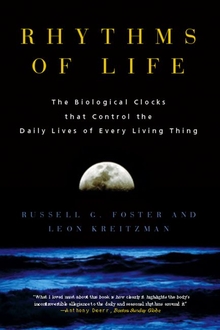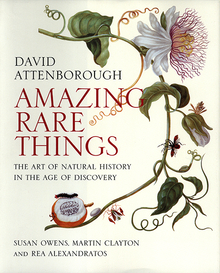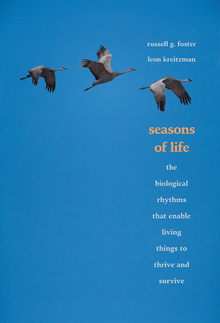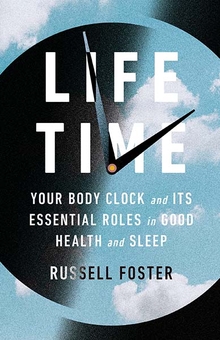Rhythms of Life
WARNING
You are viewing an older version of the Yalebooks website. Please visit out new website with more updated information and a better user experience: https://www.yalebooks.com
The Biological Clocks that Control the Daily Lives of Every Living Thing
Russell G. Foster and Leon Kreitzman
An eye-opening discussion of how biological clocks affect the lives of all living organisms
Why can’t teenagers get out of bed in the morning? How do bees tell the time? Why do some plants open and close their flowers at the same time each day? Why do so many people suffer the misery of jet lag? In this fascinating book, Russell Foster and Leon Kreitzman explain the significance of the biological clock, showing how it has played an essential role in evolution and why it continues to play a vitally important role in all living organisms.
The authors tell us that biological clocks are embedded in our genes and reset at sunrise and sunset each day to link astronomical time with an organism’s internal time. They discuss how scientists are working out the clockwork mechanisms and what governs them, and they describe how organisms measure different intervals of time, how they are adapted to various cycles, and how light coordinates the time within to the external world. They review problems that can be caused by malfunctioning biological clocks—including jet lag, seasonal affective disorder, and depression. And they warn that although new drugs are being promoted to allow us to stay awake for longer periods, a 24/7 lifestyle can have a harmful impact on our health, both as individuals and as a society.
Russell Foster is professor of molecular neuroscience at Imperial College, London, and is a leading expert on chronobiology. Leon Kreitzman, a writer and broadcaster, is the author of The 24 Hour Society.
A selection of Book-of-the-Month Club, American Compass, and Discovery Channel Book Club
“A fascinating account, both technical and very readable, of how time influences life.”—Lewis Wolpert, author of The Unnatural Nature of Science
“In this accessible and richly informed book, Russell Foster and Leon Kreitzman explore the meaning, significance, and mechanism of ancient biological clocks in our own day-to-day lives and in those of other life forms on earth.”—Steven Rose, author of Lifelines: Biology Beyond Determinism
“Over the past few decades, biologists have been enormously productive in understanding the biological clockworks at the molecular level, and a wonderful assay of the latest findings can be found in Rhythms of Life. . . . The authors . . . [write] for lay readers and informed professionals admirably. The chapters are short, the writing is clean, clever, and uncomplicatedly evocative. . . . What I loved most about this book is how clearly it highlights the body’s incontrovertible allegiance to the daily and seasonal rhythms around it.”—Anthony Doerr, Boston Sunday Globe
"This book will attract a wide-ranging audience. . . . An enjoyable read." —E-Streams
"The authors take readers on a captivating journey, walking them through the history of clocks, both mechanical and biological. . . . It is time that the profound knowledge of clock research reaches everyone in our society. This book does an excellent job in this campaign."—Till Roenneberg, Nature
“[A] fascinating book about circadian rhythms that’s bang on time. . . . The scope of the book as a whole is extraordinary.”—James Kingsland, New Scientist
“A fascinating new book. . . . The authors show how the daily patterns known as circadian rhythms—influence far more than our sleep. . . . The book traces the century-long quest to unravel their mechanism, with some startling outcomes.”—Anne Underwood, Newsweek
“Biology buffs will marvel at the fascinating material, and medical professionals should put the book at the top of their must-read lists.”—Publishers Weekly
“This book is a thorough analysis of a broad field.”—Science News
“Despite 40 years of research and several lines of evidence, awareness of chronotherapy is still low in the medical and pharmaceutical world. Perhaps this book will start changing that.”—Scotland on Sunday
“This intriguing and highly detailed account of circadian rhythms takes us through the research that has been done on many species to show how they learned to optimise time to greatest effect.”—Jo Revill, The Observer
"Rhythms of Life is an in-depth look into the mysterious world of biological clocks that control the daily lives of every living thing, and it should be read by every science teacher and shared with students. . . . So many examples in the text are ideal to share with students and colleagues that I recommend this book for all science educators."—Journal of College Science Teaching
Publication Date: October 10, 2005










